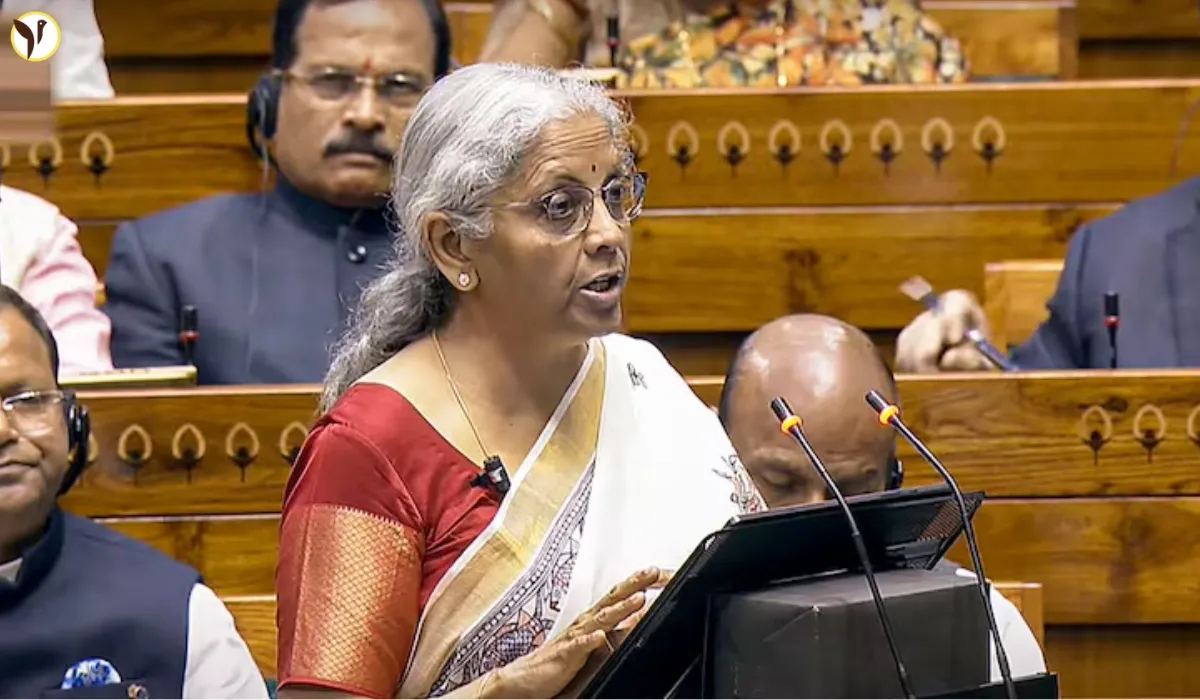From City Hall to Ottawa: Gregor Robertson Takes on Canada's Housing Crisis
Prime Minister Mark Carney's cabinet shuffle on Tuesday brought a familiar face to a crucial role: Gregor Robertson, former Vancouver mayor, is now Canada's Minister of Housing and Infrastructure. This appointment throws Robertson into the national spotlight as the federal government tackles the country's escalating housing affordability crisis.
A Career in Public Service
Robertson's path to Ottawa has been anything but ordinary. After a successful career in business, he entered provincial politics as an MLA with the BC NDP, before winning three consecutive mayoral elections in Vancouver (2008, 2011, and 2014). His decade at Vancouver City Hall saw him grapple with many challenges, including the 2010 Olympics, the 2011 Stanley Cup riot, and the persistent struggle to address rising housing costs and homelessness.
- A Mixed Legacy: While lauded for his innovative approaches to housing, such as the development of modular housing projects, Robertson also faced criticism for the significant increase in home prices during his time as mayor. CMHC data shows a 179% rise in the average price of single-family and semi-detached homes in Metro Vancouver during his tenure.
- Unfulfilled Promises: Robertson's ambitious goal to end street homelessness by 2015 remained unachieved, a point frequently raised by his critics.
Prime Minister Carney, however, sees Robertson's experience as a significant asset. He cited Robertson's familiarity with innovative B.C. building techniques and his ability to navigate complex municipal issues as vital to addressing the national housing crisis. Carney's plan involves doubling the rate of residential construction to 500,000 homes per year within a decade, a strategy that aligns with Robertson's past experience and initiatives in Vancouver.
Differing Perspectives
The opposition, naturally, has a different take. Federal Opposition Leader Pierre Poilievre pointed to the increase in housing costs during Robertson’s time as mayor as evidence of his shortcomings. However, Robertson counters that his efforts were hindered by a lack of collaboration from the previous federal and provincial governments. He notes that he worked with limited resources and often faced opposition from higher levels of government and recalls having to contend with the 2008 financial crisis.
Former Vancouver city councillor Geoff Meggs, who served alongside Robertson, offers a nuanced perspective. While acknowledging the limitations faced by the city, Meggs suggests that Robertson could have been more transparent about these obstacles. He believes that Robertson's new federal role removes those previous excuses and calls for concrete deadlines and tangible results.
Looking Ahead
Robertson's appointment isn't without its complexities. His track record is a mix of successes and shortcomings. But his experience, particularly in navigating the challenges of municipal governance and innovation within the housing sector, is undeniably relevant. His new role brings a unique blend of on-the-ground experience and a national mandate. The success of his approach will hinge on his ability to collaborate effectively with provincial and municipal governments, the private sector, and to overcome bureaucratic hurdles.
Conclusion
Gregor Robertson's transition from Vancouver mayor to Canada's Minister of Housing and Infrastructure marks a pivotal moment in the nation's efforts to address its housing crisis. Whether his past experiences will translate into effective national solutions remains to be seen. However, his appointment signals a commitment to tackling this issue with a fresh perspective and a focus on concrete action. His focus on improved data collection and transparency in municipal development processes promises a data-driven approach that may bring about real change.









